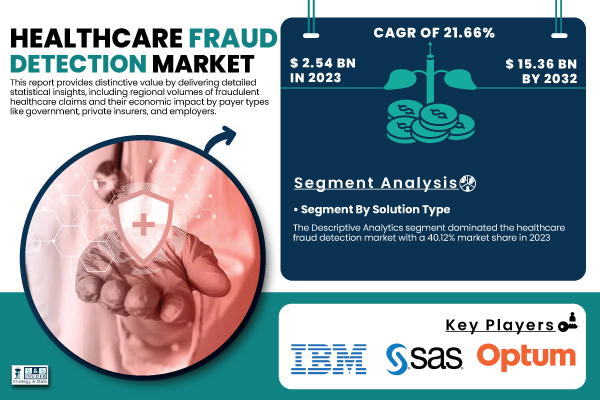Nigeria’s credit rating was upgraded to ‘B’, highlighting a stable outlook after the government embarked on key reforms that abolished age-long fuel subsidies and allow the exchange rate to be more market driven rather than artificial pegging some 18 months ago. The improved rating follows lowering macroeconomic risks that’s now boosted investor confidence, enhancing resilience in the context of persistent domestic challenges and heightened external risks. “The Stable Outlook reflects Fitch’s expectation that the macroeconomic policy stance will sustain improvements in the functioning of the FX market and support the move to lower inflation, although it will likely remain far higher than rating peers,” the London-based rating agency said.
Read also: Fitch upgrades Nigeria to B on back of string of reform measures “Additionally, we anticipate a continued reduction in external vulnerabilities through further easing of domestic FC supply constraints, while renewed energy sector reforms should help sustain current account surpluses.” Here are five things to know from Fitch’s report Exchange rate reforms boost net inflows to record The Olayemi Cardoso-led Central Bank of Nigeria (CBN) rolled out some reforms in the foreign exchange market to bring transparency and efficiency, including the introduction of an electronic FX matching platform and a new FX code along with monetary policy tightening. These policy actions have led to a greater rise in FX liquidity and general stability in the FX market after a 41% depreciation in 2024, closing the spread between the official and parallel exchange rates.

Data from the CBN shows that net official inflows rose to record $27 billion as at the end of the last quarter of 2024, marking an 89 percent increase, compared to an 8 percent rise in Q4 2023 while the cumulative for the fiscal year stood at $97 billion. “We expect continued formalisation of FX activity to support the exchange rate, although we anticipate modest depreciation in the short term,” Fitch said. Inflation to average 22% in 2025 as CBN likely to hold MPR Fitch expects that inflation to average 22 percent in 2025 and 20 percent in 2026 after the recently rebased consumer price index (CPI) crashed prices from 34.
8 percent last December to 24 percent in January and 23.2 percent in February this year. While inflation was soaring to records, the CBN became hawkish, raising benchmark interest rates to anchor prices that saw monetary policy rate up 875 basis points to 27.
5 percent within a year. Read also: Larger budget deficit could depreciate naira, stoke prices – Fitch Ratings “Fitch does not anticipate a premature easing of monetary policy that would undermine the benign effects of the policy adjustment, given high inflation.” Oil production to average 1.
43mbpd Nigeria’s oil production is expected to increase in 2025 to 2026, averaging 1.43 million barrels per day (mbpd), from 1.34 mbpd in 2024, helped by improved onshore surveillance and increased investments by local oil companies.
This is however lower than the over 2mbpd target with $75 oil price that the government aims to achieve in the 2025 budget. With this shortage, Nigeria risks lower revenue as oil accounts for some 90 percent of its FX earnings. The credit rating agency also sees refining capacity improving in 2025 as the Dangote refinery scales up operations to reach 0.
65 mbpd capacity by the end of the second quarter of the year from 0.55 mbpd currently. The refinery is operating at 85 percent of capacity and meets daily domestic consumption estimated at 50 million litres, helping to reduce oil-related import costs accounting for about 30 percent of goods imports.
Fitch noted that the refinery continues to rely on foreign markets for a portion of its crude oil due to Nigeria’s limited production capacity. Budget deficit to widen despite revenue increase Fitch forecasts that Nigeria’s budget deficit will widen in 2025 to 2026, averaging 4.2 percent of GDP, even as revenue increases.
“Expenditure will be driven by higher wages, social and security expenses, debt servicing costs and election-related expenses ahead of the 2027 elections. General government (GG) revenue will be bolstered by non-oil tax revenue reforms although political challenges and high implementation risks may hinder progress.” Read also: Oil prices set to drop for a second week over US-China trade war Government debt/GDP to slow Nigeria’s government debt as a percentage of its gross domestic product is expected to decline albeit marginally between 2025 to 2026 to 51 percent on the back of strong nominal GDP growth, according to Fitch.
Nigeria’s public debt soared to N144.6 trillion as of the end of 2024, jumping by 48.6 percent compared to N97.
3 trillion recorded in the previous year. Fitch revealed that while government external debt service is moderate, it is expected to rise to $5.2 billion in 2025 (with $4.
5 billion of amortisations, including a $1.1 billion Eurobond repayment due in November 2025), from $4.7 billion in 2024, and fall to USD3.
5 billion in 2026. “There was a minor delay in paying a coupon due on 28 March 2025 on the sovereign’s USD4 billion Eurobond, highlighting public finance management challenges.”.
Business

Five things to know as Fitch upgrades Nigeria’s rating to stable

Nigeria’s credit rating was upgraded to ‘B’, highlighting a stable outlook after the government embarked on key reforms that abolishedread more Five things to know as Fitch upgrades Nigeria’s rating to stable















